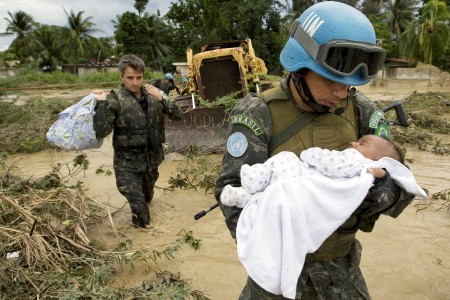This article was originally published by YaleGlobal Online on 15 July 2014.
Recent years have seen much talk of the dangers of Islam in the West and its perceived incompatibility with Western societies. According to statistics, estimated on the basis of country of origin and of first- and second-generation migrants, Muslims represent the largest “non-indigenous” immigrant group in Europe. The largest groups are in France, with approximately 5 million; Germany, between 3.8 and 4.3 million; and the UK, 1.6 million, followed by the Netherlands and Italy, 1.1 million each, as well as Bulgaria and Spain.




